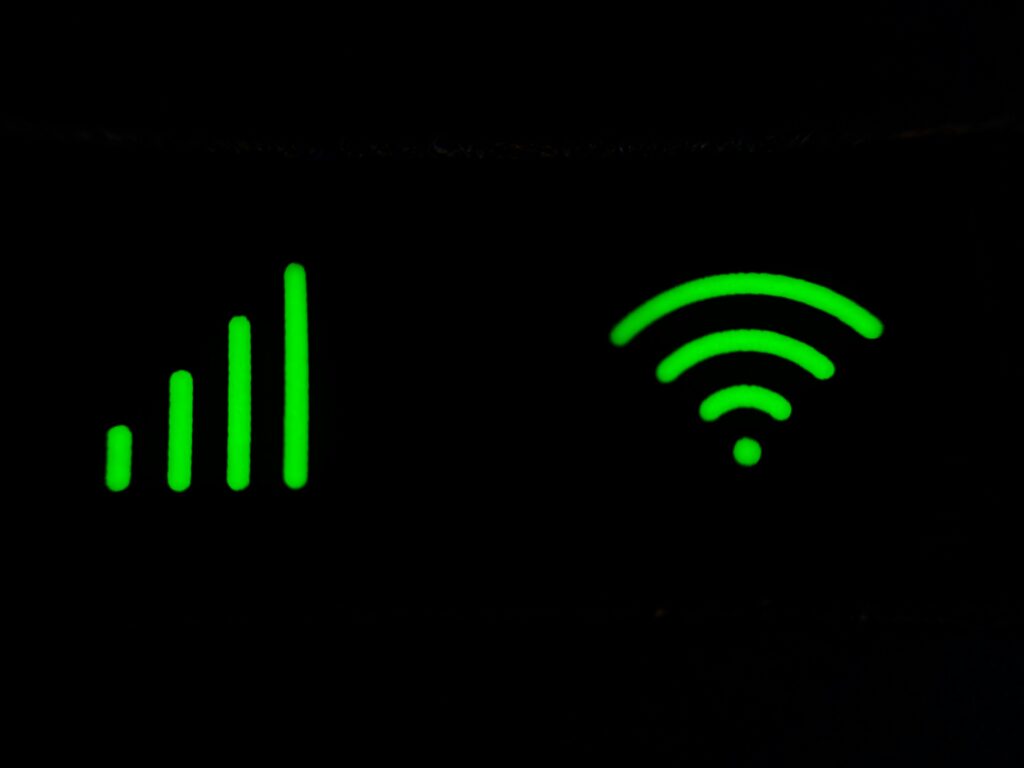As the holiday season approaches, many of us turn to the internet to find the perfect gifts, book travel, or take advantage of festive deals. But while the holidays bring joy and generosity, they also attract a darker crowd—online scammers. Each year, cybercriminals ramp up their activity around November and December, preying on shoppers’ excitement, generosity, and sometimes, last-minute panic.
 Why Scams Spike During the Holidays
Why Scams Spike During the Holidays
The holiday season is a goldmine for scammers. Here’s why:
- Increased Online Shopping:
With Black Friday, Cyber Monday, and Christmas deals flooding inboxes and social media feeds, shoppers are more likely to click quickly—sometimes without double-checking the source. - Emotional Triggers:
Scammers know people are more generous and distracted this time of year. They exploit holiday spirit through fake charity drives, “limited-time” sales, and gift card giveaways. - Urgency and Scarcity Tactics:
Many scams use phrases like “Act fast!” or “Only 2 items left!” to pressure buyers into acting before thinking—classic manipulation that works especially well when gifts are hard to find. - More Phishing Opportunities:
With the flood of shipping notifications and promotional emails, it’s easy for a fake “order confirmation” or “delivery delay” email to slip through unnoticed.
 Common Holiday Scams to Watch Out For
Common Holiday Scams to Watch Out For
1. Fake Online Stores
Scammers set up realistic-looking websites offering big discounts on popular brands. Once you pay, the products never arrive—or worse, your credit card information gets stolen. Tip: Stick to well-known retailers or verify smaller ones by checking reviews, domain age, and return policies.
Tip: Stick to well-known retailers or verify smaller ones by checking reviews, domain age, and return policies.
2. Phishing Emails and Texts
You might receive an email saying your “package is delayed” or that you need to “verify payment information.” Clicking the link can lead to credential theft or malware. Tip: Don’t click links from unknown senders. Go directly to the retailer’s website to check order status.
Tip: Don’t click links from unknown senders. Go directly to the retailer’s website to check order status.
3. Social Media Ads and Giveaways
Fake ads often circulate on Facebook, Instagram, and TikTok promising “70% off luxury goods” or “free gift cards.” They may steal your payment info or trick you into sharing personal data. Tip: If a deal looks too good to be true—it probably is. Check the account’s legitimacy before engaging.
Tip: If a deal looks too good to be true—it probably is. Check the account’s legitimacy before engaging.
4. Charity Scams
During the season of giving, fraudsters create fake charities or imitate real ones to collect “donations.” Tip: Always verify a charity through sites like Charity Navigator
Tip: Always verify a charity through sites like Charity Navigator
or the IRS database before donating.
5. Gift Card and Coupon Scams
Scammers love gift cards—they’re untraceable. Fake customer support calls or ads might ask you to “resolve an issue” by purchasing a card and giving the code over the phone. Tip: Never use gift cards for payment or verification purposes. Legitimate companies will never ask for them.
Tip: Never use gift cards for payment or verification purposes. Legitimate companies will never ask for them. How to Protect Yourself This Holiday Season
How to Protect Yourself This Holiday Season
- Use secure payment methods like credit cards or PayPal (they offer buyer protection).
- Enable multi-factor authentication on shopping and banking accounts.
- Keep your devices updated and use reputable antivirus software.
- Monitor your bank and credit statements regularly.
- Educate friends and family, especially those less tech-savvy, about common scam tactics.
 Final Thoughts
Final Thoughts
The holidays should be a time of warmth, generosity, and connection—not worry. By staying informed and cautious, you can shop smarter and keep scammers from turning your holiday cheer into frustration. So, as you browse for gifts or donate to causes you care about, take a moment to verify before you buy—and help spread the word to keep everyone safe this season.


